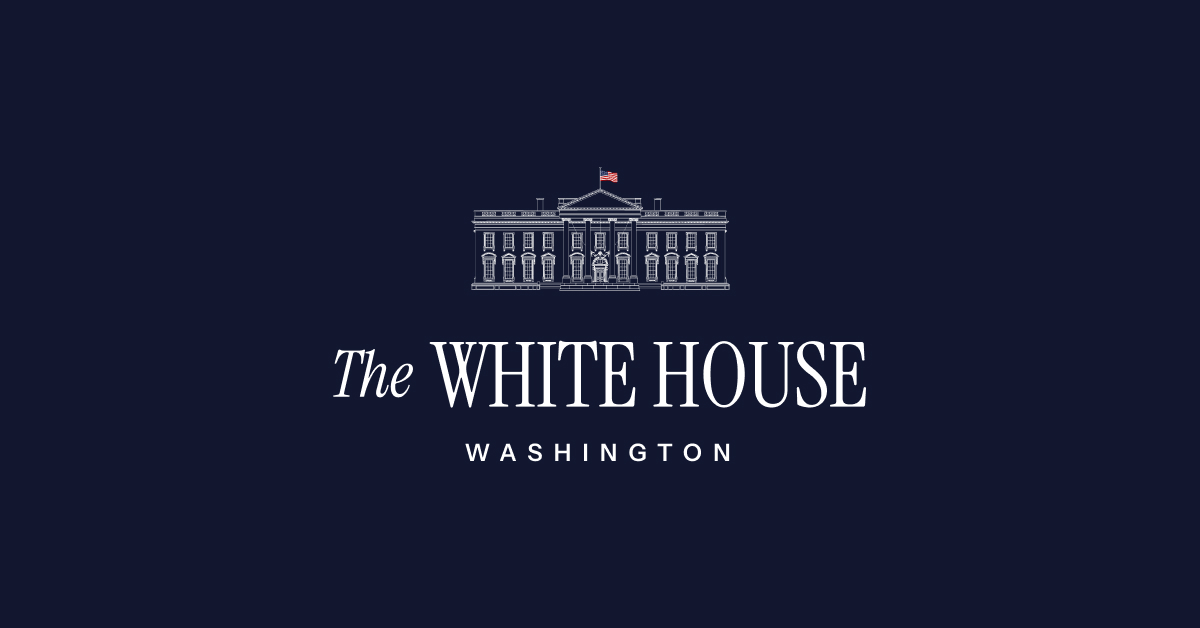Treasury yields rose Tuesday as traders assessed the latest U.S. inflation report and what it means for Federal Reserve monetary policy going forward.
The 10-year Treasury yield rose 6 basis points to 4.485%, while the 30-year yield jumped more than 4 basis points to 5.015%. The 2-year note yield advanced nearly 6 basis points to 3.954%.
The consumer price index climbed 0.3% month over month, bringing its annual inflation rate to 2.7%. Although those figures were in line with expectations of economists polled by Dow Jones, they represented an increase from May inflation levels and sparked concerns among investors about the impact of President Donald Trump’s tariffs.
So-called core CPI, which excludes volatile food and energy prices, added 0.2% on the month for a 12-month increase of 2.9%. The month-over-month change was slightly less than expected, while the year-over-year move matched a Dow Jones consensus.
“Today’s inflation report all but dashes any remaining hopes that the Fed may cut interest rates at its meeting later this month. However, if subsequent inflation readings reiterate the rise in inflation, it could jeopardize future rate cuts as well,” Bret Kenwell, U.S. investment analyst at eToro, said.
The Fed is set to meet in the final week of July. The CME Group’s FedWatch tool showed only a 2.6% probability of a fed rate cut at the meeting.
Investors are also eyeing developments after White House National Economic Council Director Kevin Hassett said on Sunday that the Trump administration is looking into whether it has the authority to dismiss Federal Reserve Chair Jerome Powell.
Although Trump has publicly stated he does not intend to fire Powell, Hassett’s remarks indicate the White House is still exploring the option. “But certainly, if there’s cause, he does,” Hassett said on ABC News’ “This Week.”
Correction: Core CPI grew slightly less than expected in June. A previous version mischaracterized the change.
Source link

